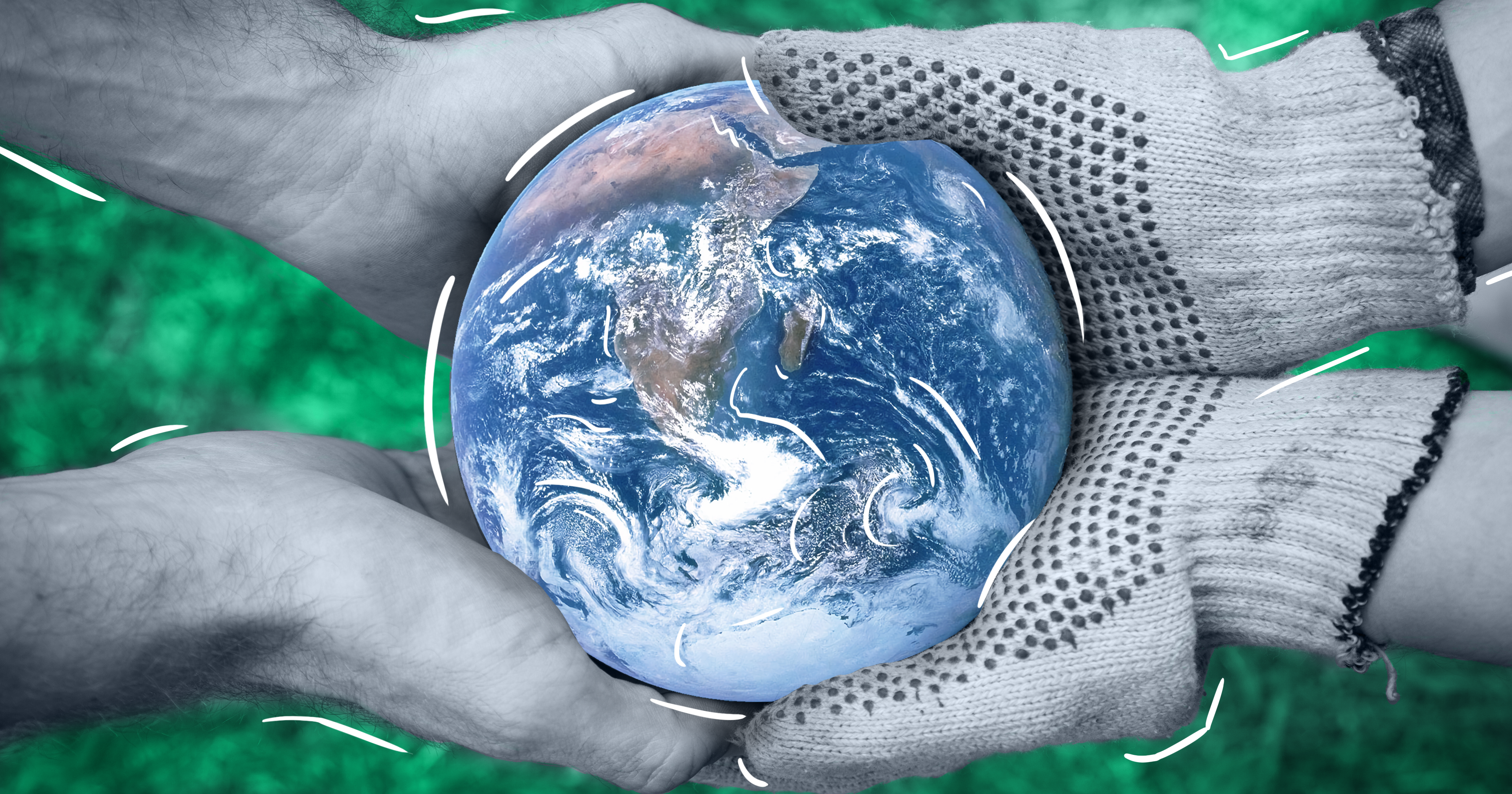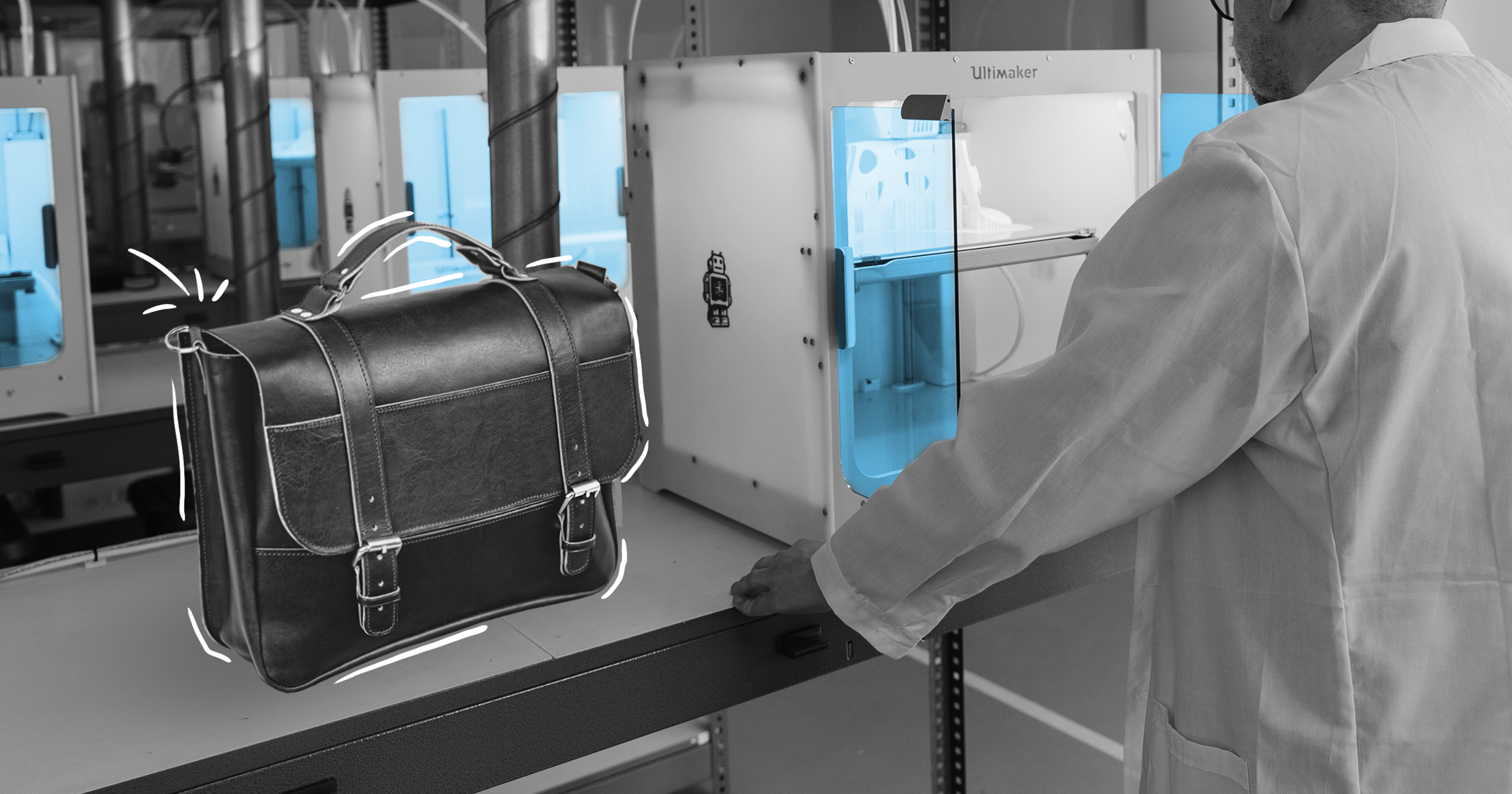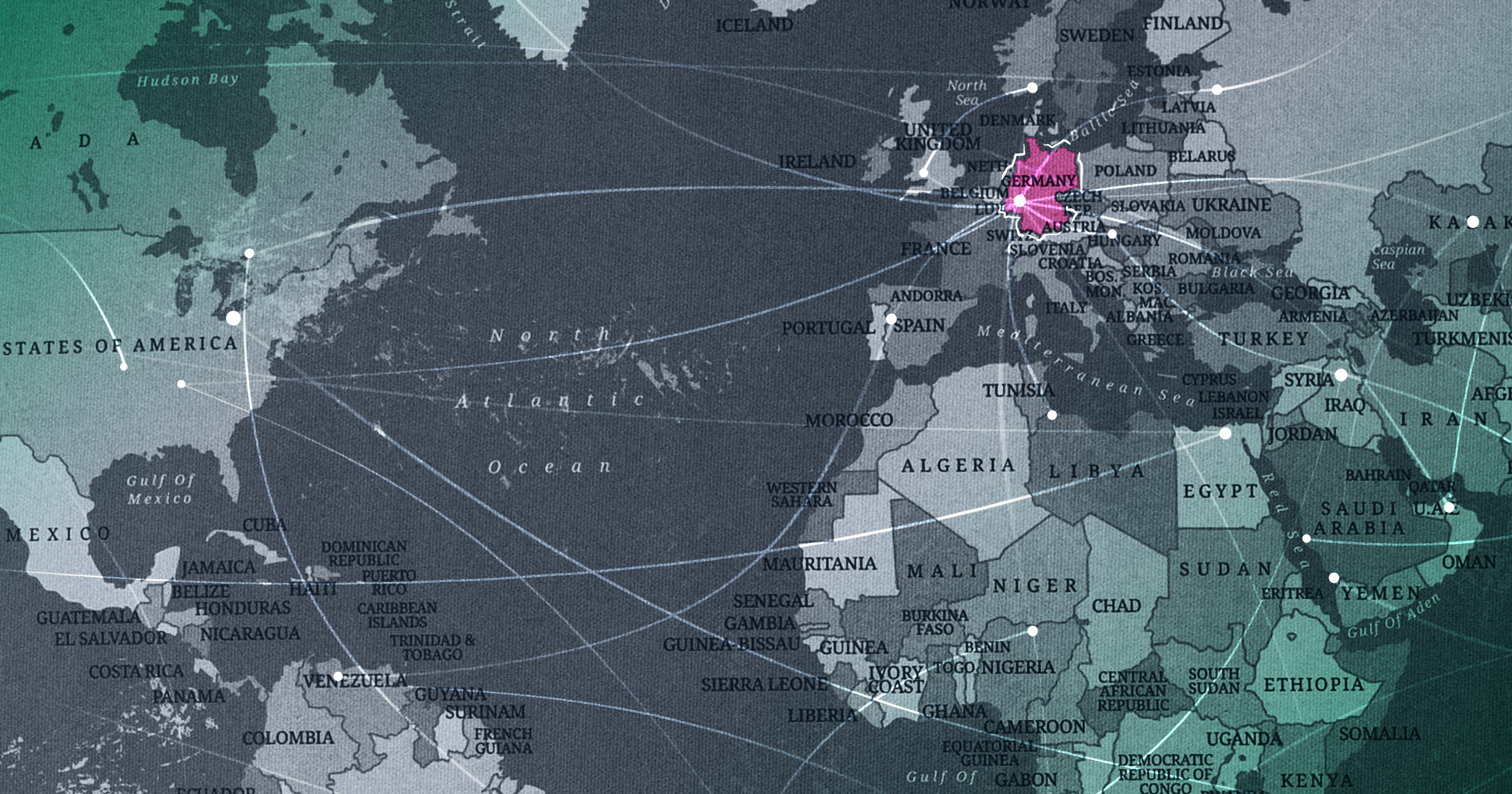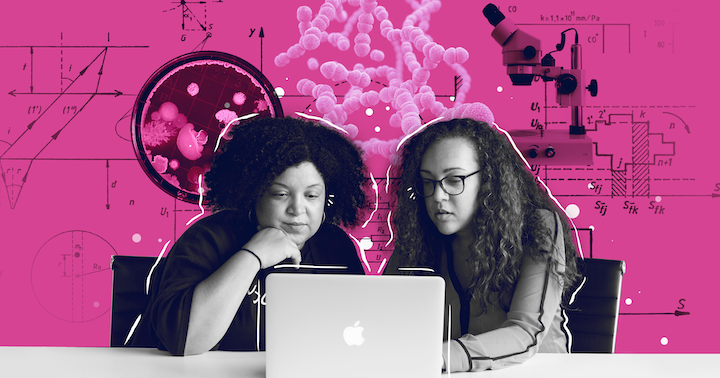People say we need to “save the planet,” but the planet is going to be just fine. In a million years, this will be a lush green planet, teeming with life—the only question is whether humans will be here to enjoy it.
Rather than saving the planet, our mission is to save ourselves by saving the planet. With the incredible power of exponential technologies, new business models, and the vast resources at our disposal, we have the potential to leave a positive impact for not only current generations, but for generations into the future.
By embracing humanity-centric innovation, every single person reading this blog has the potential to become a billionaire—by changing the world.
Finding your purpose statement
It’s essential for leaders to understand the power of purpose in driving both personal fulfillment and business success. The first step is finding your “North Star,” the guiding light that propels each of us forward, shaping our decisions and helping us to leave a lasting legacy.
Finding purpose often begins with introspection, triggered by life-changing events. For me, it all started with the realization that my wife was pregnant with our first child. This revelation sparked a series of questions: What had I truly accomplished in life? What did I want to achieve in life? What did I want my legacy to be? From this process came the purpose statement that has guided my life for the past 25 years. That purpose is to help raise children that live a life fulfilled, and to help create businesses that improve people’s lives. This is my North Star and what guides my efforts in Pete Dulcamara & Associates, LLC.
Redefining billionaire: From accumulating $1 billion to helping a billion people
To change the world, we must first change our minds. One mindset I would like to change is how we define billionaire—to provide a new perspective in the pursuit of a purpose-driven life.
Instead of defining a billionaire as someone who accumulates a billion dollars, let’s expand the definition to include those who help a billion people to live better lives. But how can businesses solve the biggest problems facing society, in an economically viable way? Through humanity-centric innovation. Humanity-centric innovation offers a transformative approach to problem-solving by aligning the needs of humanity, the business models of the 21st century, and the advancement of exponential technologies. By embracing breakthrough thinking and redefining success, we can aim higher and tackle the most significant challenges facing our world. (You can learn more at my TEDx Talk.)
The formula for humanity-centric innovation
Humanity-centric innovation happens at the creative collision of “what’s needed by humanity,” “what’s possible through new business models,” and “what can be solved using exponential technologies.”
What’s needed by humanity is reflected in the United Nations’ 17 Sustainable Development Goals, which include global challenges such as taking climate action, achieving gender equality, and ending poverty.
The business models of the 21st century are captured well in the book The Future is Faster Than You Think by Peter Diamandis and Steven Kotler, where they describe seven new business models such as the crowd economy that created Uber and Airbnb, the free data economy like Google and Facebook, and the smartness economy of Alexa and Siri.
Exponential technologies include nanotech, biotech, quantum computers, artificial intelligence, advanced robotics, blockchain, and additive manufacturing.
How companies can practice humanity-centric innovation
Humanity-centric innovation can have a positive impact on every aspect of a company’s value chain by linking each stage to one or more of the UN 17 SDGs:
For instance, companies can review the source of their raw materials and develop strategies to develop tree or forest-free paper by exploring other sources of biomass such as bamboo, corn stover, sugarcane bagasse, algae, and many other sources of cellulose.
Companies can develop strategies to develop petroleum-free polymers by utilizing carbohydrates from plants and microbes with materials like polylactic acid and polyhydroxyalkanoates, rather than using hydrocarbons from petroleum.
Companies can work with suppliers to ensure that ethical practices and scope 3 emission compliance is being followed in their supply chain. By using the power of procurement, companies can ensure that proper social compliance is being followed and can encourage purchases from minority-owned and women-owned businesses.
Operations can utilize AI-enabled process control to reduce water, energy, and waste in their processes. Ultimately, we want to create products that improve people’s lives, enhance our environmental ecosystems, and generate sufficient prosperity for all, to make the entire process economically viable.
In the pursuit of purpose, each of us holds immense power to effect change. By embracing purpose, envisioning a better world, and leveraging humanity-centric innovation, we can become billionaires by helping a billion people. Together, as visionaries and leaders, we can change the world and leave a lasting legacy of meaning, purpose, and progress for all.





